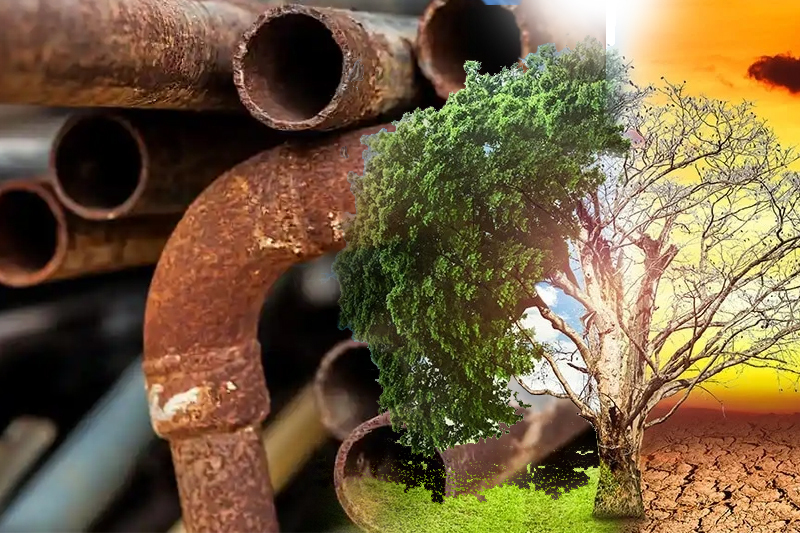
Steel Corrosion Is A Major Contributor To Climate Change
The world is growing very fast and with it, there is a lot of development and with it, many problems are increasing, which are affecting the economy of the country, the health of the public and our climate!
Metal corrosion is a big problem which is one of them. It is an electrochemical reaction that occurs when the metal is oxidized and rusted.
Although the USA Deals with the corrosion of this metal costs about a trillion dollars.
Let’s focus on its effects that harm the climate.
Although the USA Deals with the corrosion of this metal costs about a trillion dollars.
Recently at The Ohio State University, a team of researchers revealed how slowly global carbon emissions are eroding.
The research showed an estimated time that the economic cost of corrosion at approximately 3% to 4% of the US GDP. Let me tell you that this is the first study to quantify the environmental impact associated with steel corrosion.
Keep Reading
Steel production has increased in the world rapidly because it has poor corrosion resistance. It is in demand when it comes to replacing steel with a building material that has worn out over time.
Experts are showing their concern about the greenhouse effect and steel. A reduction in the amount of steel that has to be replaced due to corrosion can have a significant impact on the number of greenhouse gases produced to make steel.
Gerald Frankel, professor of materials science and engineering at OSU said this. He explained the matter, like- coal fuel, iron, and steel production is one of the largest greenhouse gas emitters in society. But the majority of cost and energy is directly linked with steel making. But the power is also lost after time as steel rusts. It is similar to iron ore in its native form.
Using the historical intensity of CO2 from 1960 to 2021 it is clear that 27% of carbon emissions are because of steel production in the global manufacturing sector which is equal to all sectors’ 10%. Corrosive steel emissions account for approximately 1.6% to 3.4% percent of emissions.
Though after the planned structure in the steel industries, the energy reduction is 61% which is half of the last century.
Policymakers and officials need to revise and coordinate international policy on steel production and corrosion to reduce energy wastage and balance the greenhouse effects.
As we know the planet is home to many, and Climate Change will affect many!




